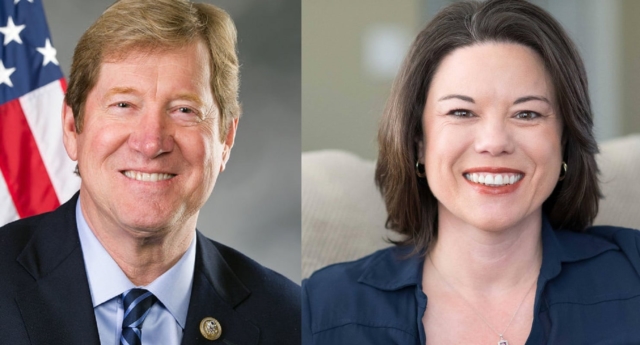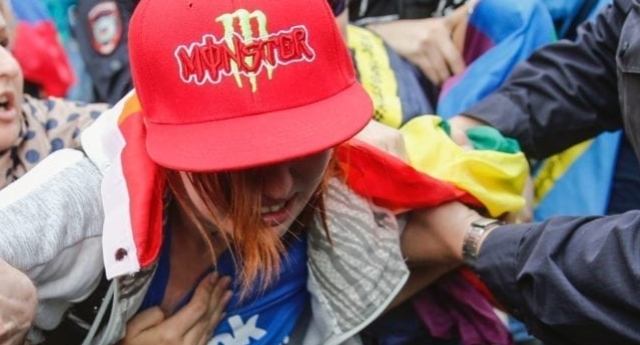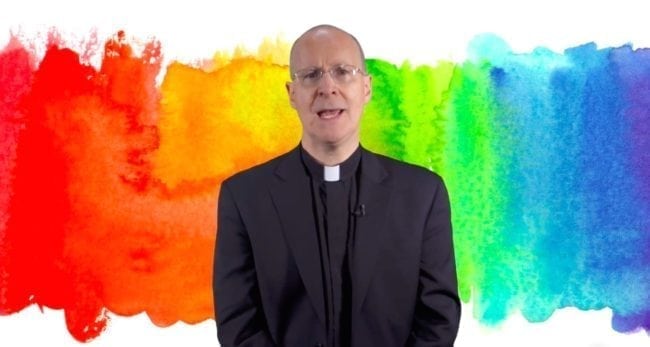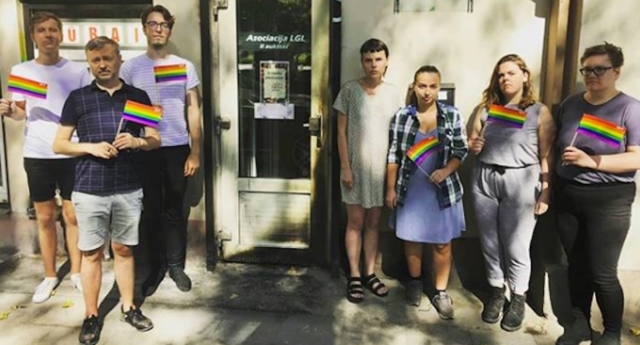Republican Who Compared Gay People to Rapists Will Face Lesbian Election Opponent

A Republican lawmaker who compared gay people to rapists will face a married lesbian Democrat in his re-election battle.
Congressman Jason Lewis, who is currently seeking re-election in Minnesota’s closely fought second congressional district, had made the comments on his nationally syndicated radio programme The Jason Lewis Show.
On the radio show Lewis had argued it did not violate the Constitution to legally prevent gay people from getting married, claiming a ruling in favour of equal marriage “would undo the entire state criminal code because we’re all treated unequally.”Lewis insisted: “When we pass a law against rape, you’re not treating a rapist equal. “When you pass a law against murderers, you’re not treating the New England Patriots equal.
“The law, the Equal Protection Clause of the Constitution, simply means this: that people who find themselves in similar circumstances must be treated in a similar way… you must discriminate against all smokers, you must discriminate against all rapists.”
He also claimed that gay marriage could lead to incest, and that discrimination against gay people may not exist because “our gay friends have incomes that are much higher than the median.”
The lawmaker, who has been a strong opponent of LGBT+ rights in Congress, will face a challenge in November from a gay Democrat.
Tuesday’s Democratic primary in the state confirmed the party’s pick of Angie Craig, who ran unopposed to challenge Lewis.

If successful in Novemeber, she will become the first LGBT+ member of Congress from Minnesota.
Craig is backed by the LGBTQ Victory Fund.
Her bio explains: “Raised by a single mom in a mobile home park, Angie Craig never expected to one run for Congress.
“As a business leader, she has helped to create good-paying manufacturing jobs. But it’s her experience getting there that makes her the right candidate to represent us.
“Angie watched her mother strive for years to complete her teaching degree while her grandmother helped at home and worked in a shoe factory to contribute. At times, Angie’s family didn’t have health insurance, and she watched as her mother struggled to pay the bills that piled up on their kitchen table after her sister got sick.
“She worked two jobs to put herself through college. After graduation, she became a newspaper reporter, and then quickly rose through the ranks to eventually lead a workforce of 16,000 employees as head of Global Human Resources for a major Minnesota employer.
“While putting Minnesotans to work in high-tech manufacturing jobs, it became clear to Angie that many of the folks she met weren’t getting a fair shot anymore. The opportunities that she was so lucky to have were disappearing for too many families.
“Angie is running for Congress to build a better Minnesota – where every member of every family gets a fair shot at an outstanding education, a good job, and a better life.
“She’s running for Congress because she and her wife want their four boys – and all of us – to never give up on the Minnesota and the America that together we can create.”


 (Fr. James Martin, SJ/YouTube)
(Fr. James Martin, SJ/YouTube)

